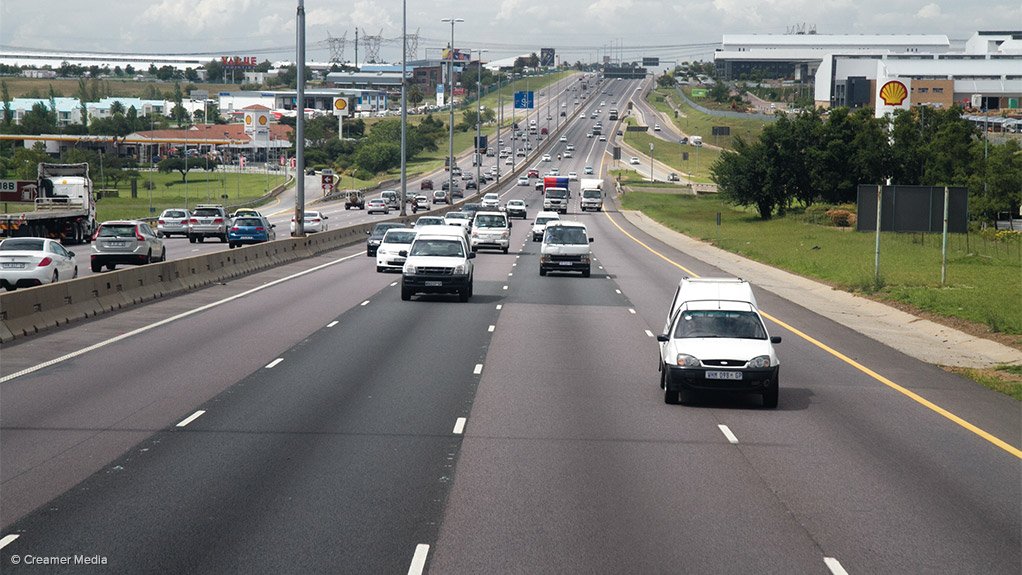The South African Road Federation (SARF) has expressed concern over the increasing number of road accident-related deaths on South African roads and has appealed for road safety to become an urgent priority, reiterating its commitment to offer its assistance to government and other related organisations.
“The current figures are staggering. An average of 43 people die each day on our roads. In general, 15% of road accidents are caused by [poor] road conditions, 20% by [poor] vehicle conditions and 70% through human behavioural factors,” SARF president Innocent Jumo said in a statement on Monday.
While the federation fully supported the newly appointed Road Safety Advisory Council, it believed far more was required to deal with road safety in South Africa.
Several recommendations had been made in this regard at the recent SARF-hosted Civilution Congress, including the proposal that it remained the State’s obligation to make road safety awareness a public priority.
“It was identified that the State needs to be made aware of its obligation to take appropriate measures to ensure that parents and children have a basic knowledge about the causes and prevention of road accidents,” Jumo noted.
It further emerged during a traffic data management roundtable discussion that the quality of existing data, together with data-gathering structures and processes related to road traffic accidents, was deficient.
“Without reliable data, it’s impossible to define the problem and find solutions. That is why we are calling on the Department of Transport (DoT) and others to assist us in the development of a standardised reporting system that will incorporate and address the needs of all stakeholders.
“This will require a study to determine the quality of existing data and data-gathering structures and to identify best practices for a standardised and uniformed crash reporting system,” he asserted.
GLOBAL LOSERS
Meanwhile, World Bank Independent Evaluation Group consultant Dr Peter Freeman stated at the South African Road Federation/International Road Federation fifth Regional Conference for Africa, in September, that sub-Saharan Africa had a road accident mortality rate of 32.2 deaths per 100 000 people.
This was double the rate observed in South East Asia and Latin America, and five times worse than the best performing European countries.
Emphasising that further spending on road safety in South Africa was “essential”, Freeman advocated the adoption of the German ‘Road Safety cent’ approach, in which 1c/l of liquid fuel sold was devoted to funding road safety projects.
As a result of this intervention, road fatalities in Germany had been reduced to an average of 12 a day.
“Road safety [will only improve] if it becomes the highest priority for government and citizens. A holistic approach means better policing, better accident records, better vehicle inspections and a better legal framework to prevent the importation of substandard vehicles, road barriers, signage and markings,” he commented.
SARF fully supported this approach, said Jumo, adding that the federation would make a number of recommendations to the DoT in the run-up to its sixty-fifth annual general meeting.
These recommendations would include the establishment of a funded programme to improve road safety infrastructure, the institutionalisation of a road safety auditing process on all road construction projects, as well as the enforcement of road worthiness of heavy vehicles.
“We would like to offer our support to the DoT in this regard. As a collective, we simply cannot ignore this problem. It must be given our urgent attention and the spate of unnecessary road deaths must come to an end,” he concluded.
EMAIL THIS ARTICLE SAVE THIS ARTICLE
To subscribe email subscriptions@creamermedia.co.za or click here
To advertise email advertising@creamermedia.co.za or click here











